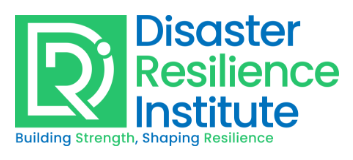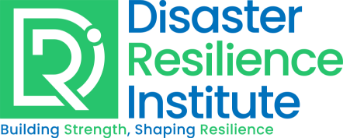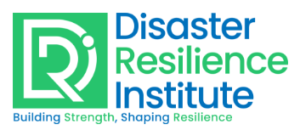What is our niche?
The Disaster Resilience Institute (DRI) has a distinct niche in the field of disaster assistance due to its focus on building resilience in the face of disasters. Here are some key aspects that define DRI’s niche:
- Resilience-Focused Approach: DRI takes a proactive approach to disaster assistance by emphasizing resilience-building measures. Rather than solely focusing on response and recovery efforts, DRI works to enhance the capacity of individuals, communities, and systems to withstand, adapt to, and recover from disasters. It promotes long-term strategies that address underlying vulnerabilities, strengthen preparedness, and foster sustainable recovery.




